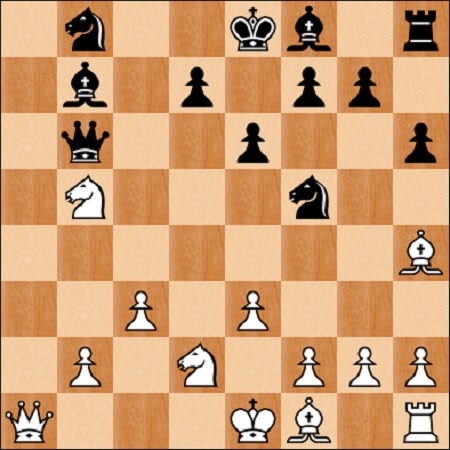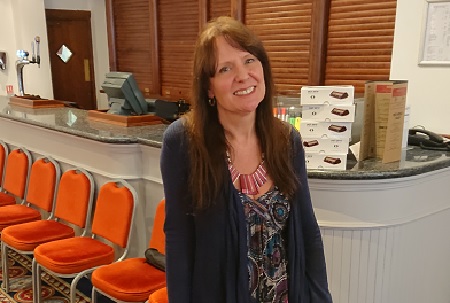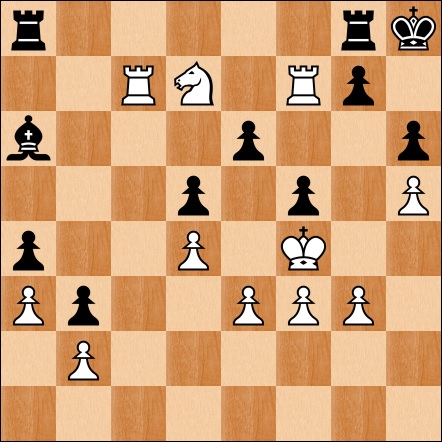When I started playing tournament chess in the 1970s the venues might well have been described as 'basic'. Typically players would be huddled together in some school or community centre, one of the worst I remember being a workshop with benches to sit on and a vice in my back. The toilet facilities were just as basic, and if someone had the forethought to arrange refreshments it would be tea with stale sandwiches and maybe (just maybe) a packet of digestives. During one school match we were given tuna sandwiches (at least I think it was tuna), which successfully discouraged me from eating tuna for the next couple of decades.
How times have changed! These days organizers have recognized the value of having good venues in order to make chess tournaments more pleasurable for the players. I think this certain helps to encourage parents to bring their kids to chess events so they can enjoy more pleasant surroundings while waiting for them to finish. I think it also encourages more women to play as they tend to be a bit more picky than men with regards to where they spend their time.
Amongst the UK tournaments with the best venues are the 4NCL events, which emerged as an offshoot of the 4NCL team competition. These events are invariably held at very decent hotels with Bridge Overseas liasing with hotel chains so as to provide good value venues. The English Chess Academy has also been using Bridge Overseas as a result of which I have been spending a lot of time in this place, The Park Inn Hotel in Nottingham:

In my chess parent role it is certainly nice to be able to sit in comfort whilst my son Sam is playing. Grandmasters get their hotel room paid for which brought Keith Arkell and Mark Hebden to this latest event (September 28-30). Pictured below (from left to right) we have my son Sam Davies, legendary GM Mark Hebden and Ukken Somton (father of Anita, one of the UK's young stars).

Keith Arkell won the Open with four wins and a draw. When I caught up with him in the bar he was in his usual jovial mood, ascribing his win to having an easy day on the Saturday with a win by default in the morning and then a thirteen (!) move win in the afternoon against IM Antanas Zapolskis. Keith is pictured below:

In case you are wondering how he won in just thirteen moves, the first twelve were 1.d4 b5 2.Nf3 Bb7 3.Bg5 c5 4.c3 h6 5.Bh4 Qb6 6.e3 e6 7.Nbd2 Ne7 8.a4 cxd4 9.Nxd4 a6 10.axb5 axb5 11.Nxb5 Rxa1 12.Qxa1 Nf5 reaching the position in the diagram below. Can you see the killer blow:

White to play uncorked 13.Qa7! which wins on the spot because 13...Qxa7 is answered by 14.Nc7 mate. A very neat finish which meant he could have the rest of the day off!
Nigel Davies



